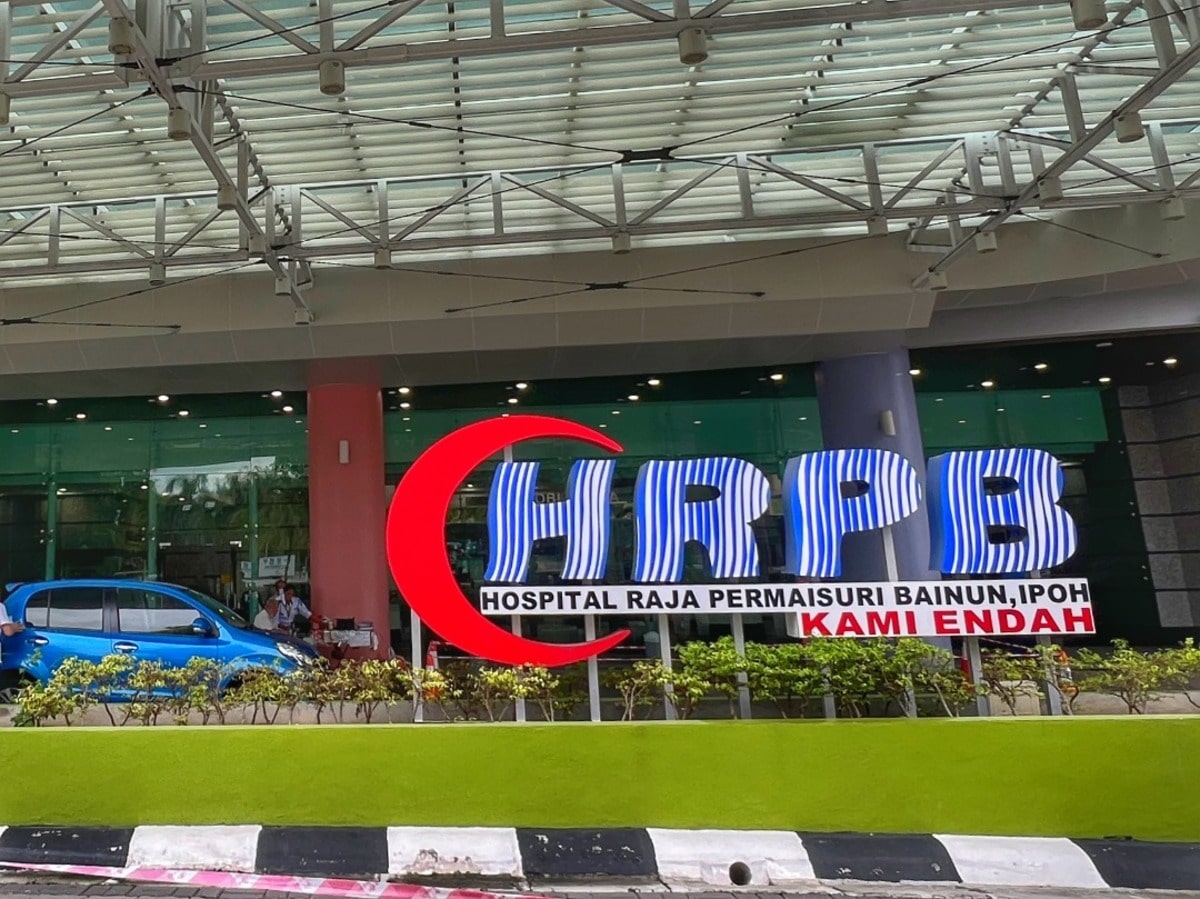KUALA LUMPUR, June 15 – Health Minister Dr Zaliha Mustafa today said that the granting of autonomy to public health care facilities proposed in the Health White Paper (HWP) does not entail privatisation or a transfer of ownership from the Ministry of Health (MOH).
According to Dr Zaliha, these public health care facilities will continue to operate under MOH’s umbrella, ensuring that their primary focus remains on public welfare rather than profit-making ventures.
“Facilities under the MOH that are granted autonomy will remain under the ownership of the ministry as a non-profit organisation and will not be privatised,” Dr Zaliha said when winding up debate on the HWP in the Dewan Rakyat today.
“The main objective of granting autonomy to MOH facilities is to provide them with greater flexibility in operations, enable competition between the public and private health care sectors, and facilitate integration of health care services.”
Dr Zaliha said that the autonomy granted to these facilities will also not compromise the MOH’s role in determining service fees. Any fee structures or adjustments will still be decided by the health ministry to ensure equitable access to health care for local citizens.
The HWP, which serves as a strategic roadmap for the country’s health care system, has undergone multiple stakeholder engagements, including with MPs. Yet, specific details of this radical proposal for MOH’s restructuring have not been outlined in the HWP.
Dr Zaliha said these details will be thoroughly discussed during the development of an implementation plan, allowing for comprehensive deliberation on the financial, human resources, and other aspects of autonomy.
Several MPs, including Kuala Langat MP Dr Ahmad Yunus Hairi, had questioned if the proposed separation of the health care provider and purchaser roles from the MOH in the HWP was a health care privatisation effort.
The HWP proposed a radical restructuring of the MOH to begin relinquishing both its roles as health care provider and purchaser, so that the MOH would only focus on governance and regulation, setting standards, and drafting health system policies.
In addition to the organisational changes, the HWP also highlighted the importance of establishing a sustainable health care financing system in Malaysia.
Besides reviewing the fee structure in public health care facilities, the HWP proposed conducting technical studies, designing, and developing a progressive health insurance model that is sustainable and equitable, including a “targeted subsidy mechanism”.
Currently, public hospitals and health clinics under the MOH impose user fees of RM1 for outpatient care and RM5 for specialist care.
The HWP also suggested increasing public health care expenditure in stages to 5 per cent of Malaysia’s gross domestic product (GDP); and drafting a long-term working plan for government allocations for health based on indicators, and projections of demand and changes in the treatment delivery model.
The HWP pointed out that relying on just one source for public health care financing was not sustainable, in light of rising health needs in line with Malaysia’s changing demographics.
“As mentioned, one of the efforts is to harness various sources of health care financing to make them more efficient and effective in improving the level of health services. This includes optimising the capacity in both the private and public sectors through strategic health care service purchasing,” Dr Zaliha said.
“Detailed analysis and fact-based discussions will be conducted to identify suitable models and options for Malaysia. Consensus on the adopted options will be developed through a comprehensive engagement process,” Dr Zaliha added.








